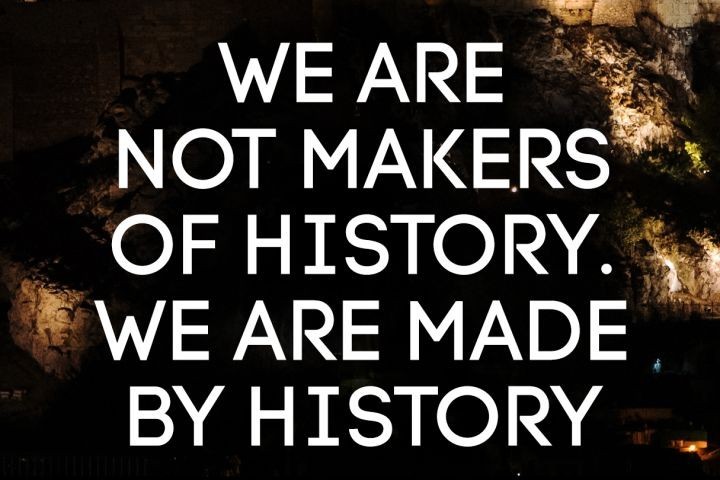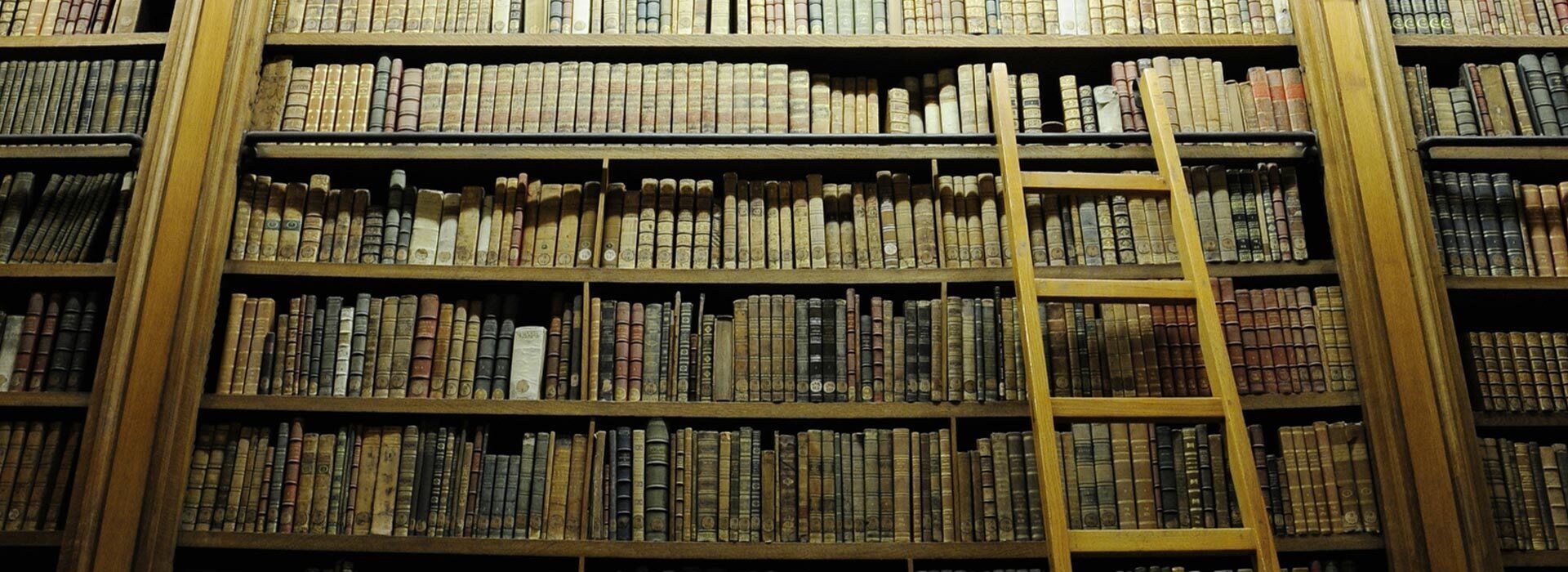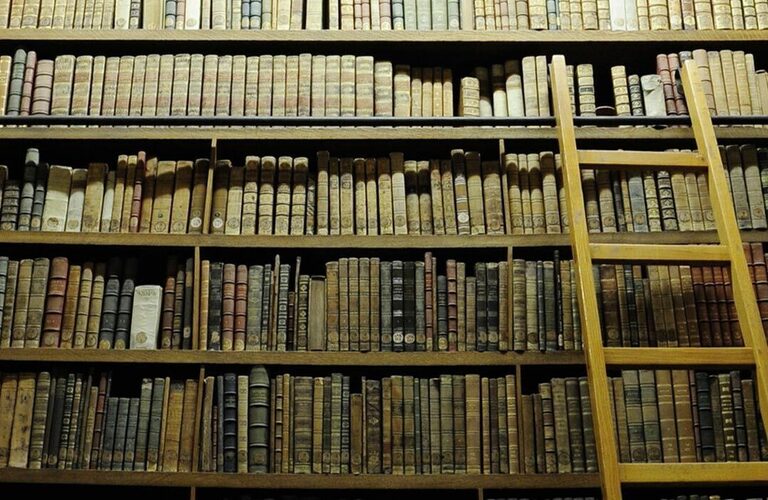
posted 1st October 2023
Many a person you meet will question the idea of caring about the past. The mind should look to the future and forget about the events and personalities that came before. The here and now, not the then and there. But this view robs the human race of an understanding of how and why things are the way they are now.
When William the Conqueror invaded England in 1066 England had been a culturally homogeneous society since the Anglo-Saxons colonised the country five centuries earlier. After the English defeat at the Battle of Hastings the Anglo-Saxon world was over and a new, largely alien, culture replaced it. During Anglo-Saxon times social class wasn’t as distinct and the rulers of the country spoke the same language as the population. After the Norman Conquest French became the language of politics and war. Social class became far more rigid and the land was littered with a new sight. Stone Castles hadn’t existed in England before the Normans. During Anglo-Saxon times there were forts, but these were built of wood and were designed to protect communities. Norman Castles, on the other hand, were designed to intimidate them.
One of William the Conquerors descendants was one of the worst Kings in English history. John had become King after the death of his elder brother, Richard I, known to history as Lion Heart. His reign has been remembered because of a document that was forced upon John by his leading Magnets. Magna Carta has gone down in history as the origin of political liberty in England. The document is largely a misunderstood one as its central theme is about the rights of the Magnets to participate in government with the King. Nonetheless, Magna Carta has become the very symbol of freedoms and liberties that the nation, and other nations, have been built on.
When Henry VIII became King of England in 1509 England was a firmly Catholic nation closely linked into the religious and political makeup of the early 16th century world. As Henry’s reign developed, he fell spectacularly out of love with his Spanish wife, Queen Catherine, and spectacularly in love with Anne Boleyn. Henry wanted to marry Anne, but to do this he needed to divorce Catherine. Henry couldn’t get the Pope to agree to the divorce, so he left the Catholic Church and married Anne. Henry had never embraced the new Protestant faith sweeping parts of Europe but when he enacted the Royal Supremacy making himself Head of the English Church, he’d sent his country in a direction where there was no turning back. England was going to become a Protestant nation.
The 18th century saw the beginnings of modern industry. Engineers, scientists, architects and builders were busy at work transforming the British economy. Before mass factories and industrial facilities economies were largely agricultural with around 80% of the population working in farming and food production. With the advent of modern technology large parts of the country, especially Northern cities such as Manchester and Liverpool, were radically altered with workers moving from the countryside to the cities to work in the newly formed factories.
These four historical events radically altered the culture, language, religion and economy of the nation. How would anyone understand the very distinct nature of class without knowing its Norman origins. How would anyone comprehend the nature of political liberty without having knowledge of the Magna Carta. How would anyone grasp the radical nature of the Reformation without reading about the ferocious personality of Henry VIII. How could anyone analyse modern workplaces without understanding the radical economic change of the 18th and 19th centuries. The study of history is often viewed as the pursuit of nerds. Facts making the story a boring pursuit. But if you know nothing about history then you know nothing about the present.




